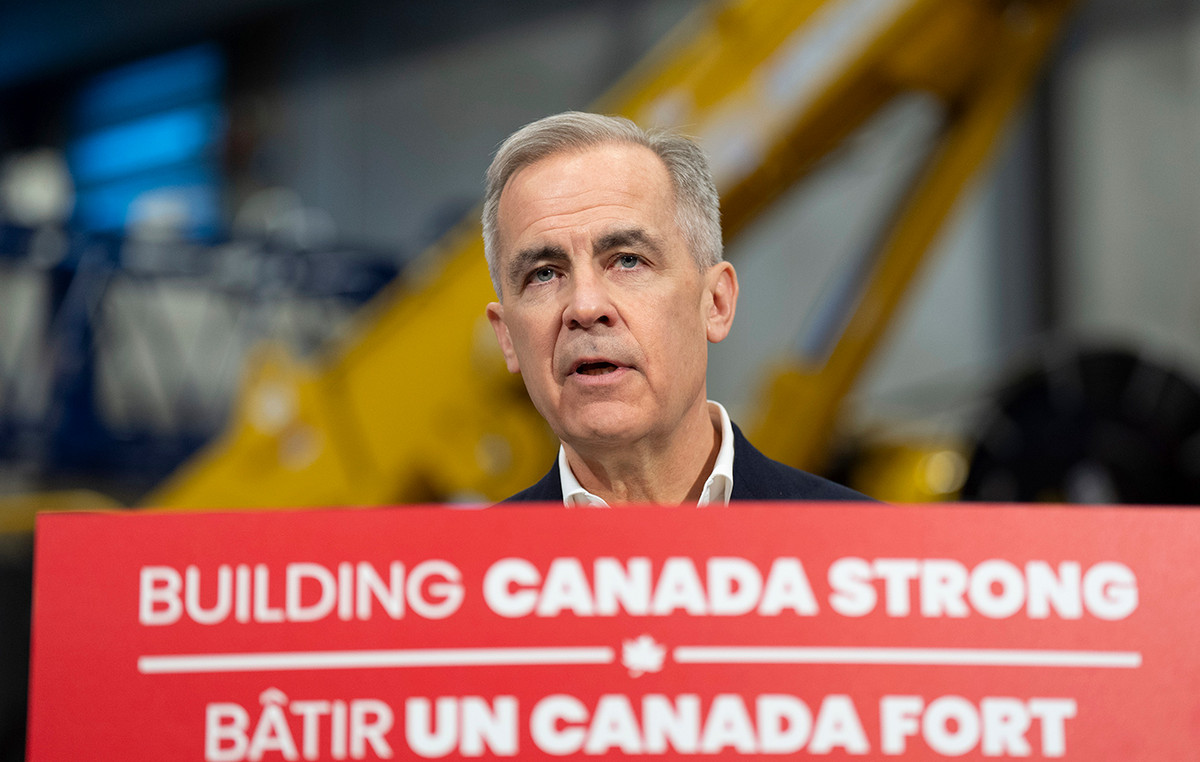Brazil is a world leader in the prevalence of anxiety according to a survey by the World Health Organization (WHO) released in 2017.
New data released this Thursday (29) indicate that 26.8% of Brazilians received a medical diagnosis of anxiety. One third (31.6%) of the younger population, aged 18 to 24 years, is anxious, the highest anxiety rates, leader among all age groups in Brazil. Prevalences are higher in the Midwest (32.2%) and among women (34.2%).
In addition, 12.7% report having already received a medical diagnosis for depression . The highest prevalences are in the South region (18.3% of people with depression), among women (18.1% of them have already been diagnosed), and in the 55-64 age group (17%), followed by young people from 18 to 24 years old (14.1%).
The indices are from a national survey, the Covitel 2023 (Telephone Survey of Risk Factors for Chronic Noncommunicable Diseases in Times of Pandemic). 9,000 people were heard from all regions of Brazil. Data collection was carried out between January 2nd and April 18th by telephone.
In addition to the amount of sleep, another factor that contributes to the health of Brazilians is the quality of sleep.
The data show that 58.9% of Brazilians say they sleep well, with 63.9% of men saying they have a good night’s sleep, while 54.3% of women report having quality sleep. In terms of race/color, there are also differences: 64.2% of white people sleep well, a figure that stands at 55.1% among blacks and browns.
The survey provides a picture of the magnitude of prevalence and the impact of the main risk factors for chronic noncommunicable diseases (NCDs) in the Brazilian adult population.
NCDs are clinical conditions that are not caused by infectious agents, such as cardiovascular diseases, cancer, diabetes, chronic respiratory diseases and mental and neurological conditions.
Developed by Vital Strategies, a global public health organization, and by the Federal University of Pelotas (UFPel), with articulation and funding from Umane and support from the Brazilian Association of Collective Health (Abrasco), Covitel was held for the first time in 2022 and reaches its second edition in 2023.

access to treatment
In addition, factors such as lack of access to specialized services, difficulty in making a diagnosis and understanding that mental disorders are secondary contribute to people failing to receive adequate treatment.
Preventing the development of anxiety includes adopting habits that improve the quality of general health as a whole. Good nutrition, regular exercise, hygiene habits and access to health services are some of the measures that prevent or alleviate anxiety disorders.
Anxiety treatment is done in a multidisciplinary way, with the participation of professionals from different specialties.
Mild anxiety disorders can be treated from psychological therapy, which has several aspects, including cognitive-behavioral therapy, conflict resolution techniques, meditation and mindfulness or methods such as psychotherapy and psychoanalysis.
At the same time, there is an incentive to choose some type of physical activity that is more comfortable for each patient. Moderate physical exercises promote the release of hormones in the body associated with feelings of well-being and relaxation.
In more serious cases, such as panic or post-traumatic stress disorder, for example, antidepressant medications with beneficial impacts on anxiety may be prescribed. However, the use of prescription drugs should only be done on medical advice, as the same drug may not be indicated for people with similar disorders – see some cautions here.
The Unified Health System (SUS) provides care for people in psychological distress through the services of the Psychosocial Care Network (RAPS). Among the units of the SUS mental health system are the Psychosocial Care Centers (Caps), which have different modalities, such as child services and specific services for the treatment of alcohol and drug users.
Source: CNN Brasil
I am an experienced journalist and writer with a career in the news industry. My focus is on covering Top News stories for World Stock Market, where I provide comprehensive analysis and commentary on markets around the world. I have expertise in writing both long-form articles and shorter pieces that deliver timely, relevant updates to readers.







